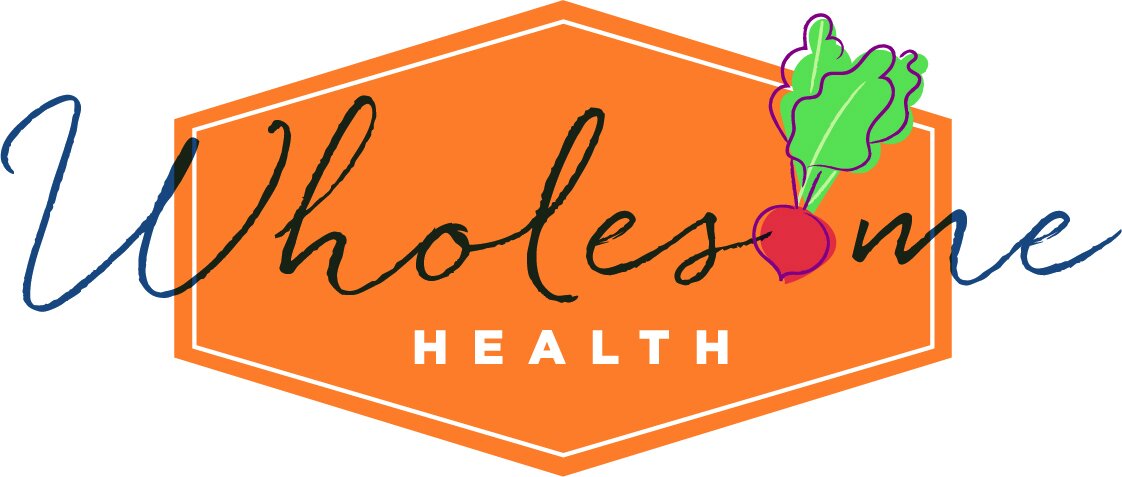Diets 101: Vegan
Happy New Year! Last week’s blog post focused on different types of vegetarian diets. Another way of eating that is even more restrictive than a vegetarian diet is a vegan diet. Today I’ll discuss which foods can and cannot be consumed on a vegan diet, plus share some of my favorite vegan recipes.
What to eat
Vegan diets are composed of only plant-based foods, such as:
All fruits
All vegetables
All grains - oats, bread, pasta, rice, quinoa
Beans and lentils
Nuts and nut butter, seeds and seed butter
Oils - olive, avocado, coconut
Non-dairy milk, yogurt, and cheese - almond-, soy-, coconut-, oat-, cashew-based
Meat alternatives - tofu, tempeh
What not to eat
Any food that comes from an animal is off-limits when following a vegan diet:
All poultry, fish, beef, lamb, pork
Eggs (including mayo as it is made with egg yolks)
Dairy - cheese, butter, milk
Honey (though some vegans do include this in their diet)
Health benefits
Unsurprisingly, many of the same health benefits of a vegetarian diet apply to a vegan diet. Benefits can include lower body weight, reduced risk of cancer, and reduced risk for chronic conditions like heart disease. Those following a whole food-based vegan diet that is high in fruits, vegetables, whole grains, healthy fats, and lean protein sources such as beans, lentils, and tofu tend to have a lower risk of developing diabetes or heart disease. For those that have diabetes or are at a higher risk of developing cardiovascular disease, a vegan diet has been shown to reduce total and LDL cholesterol, as well as improve overall blood glucose control.
A word of caution
Similarly to a vegetarian diet, not all vegan foods are healthy. It is very possible to eat an unhealthy vegan diet because many vegan foods, such as fake meats like Beyond or Impossible Burgers, are highly processed. These foods are fine to include in moderation, but eating them too much will provide you with more sodium and saturated fat than you need.
It is also important to make sure you are getting enough protein and vitamin B12. Vitamin B12 is found mainly in animal products, though good vegan sources include nutritional yeast and fortified plant-based milk and cereals. Supplements are also an option, so book an appointment with a registered dietitian to see if this is necessary for you.
Sample 1-day meal plan
Here is what it could look like to eat vegan for a day:
Breakfast - applesauce chia overnight oats
Snack - almonds + blueberries
Lunch - bowl of wild rice + black beans + roasted vegetables + salsa + sliced avocado
Snack - hummus + seed crackers + sliced vegetables
Dinner - tofu vegetable stir fry
Dessert - a couple squares of dark chocolate
My favorite vegan recipes
I don’t follow a vegan diet, but I do often cook vegan meals. Here are some of my favorites:
As you can see, there are many health benefits to following a vegan diet, but it is also important to ensure you focus on eating whole foods rather than processed foods. Be sure to include foods fortified with vitamin B12 as these are mainly found only in animal products. Feel free to share your favorite vegan meals and recipes in the comments below!



